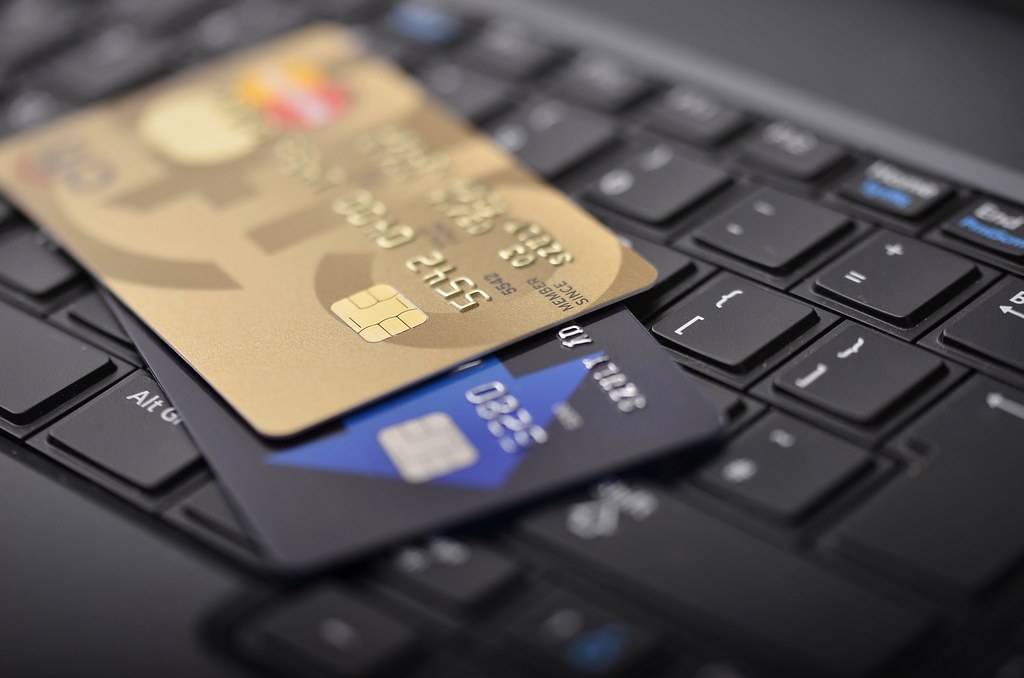October 12, 2022
Categories: Credit & Debit, Education & Security, Financial Planning

By Dawn Kellogg
Maybe you are just starting out and have not yet had a chance to build credit through home or auto loans.
Maybe you have limited or less-than-perfect credit history.
Or maybe you have recently gone through a financial problem and need to rebuild your credit history.
Any of these scenarios could mean that a secured credit card may be just the solution for you.
Read on to discover how a secured credit card works and how you can use it to establish or boost your credit score.
First, what is credit and why do we need it?
Credit gives you the ability to borrow money with the agreement that you will pay for it later. It helps you to purchase things for which you might not normally have ready cash, including property, a car, or an education. Lenders or merchants extend credit to those whom they deem trustworthy enough to pay the money back. Borrowing money from a financial institution will generally require paying additional fees, or “interest.” You will also have a legal contract that spells out how you will pay the money you borrowed back.
Your credit score, FICO, or Vantage score, along with other things such as employment history and income, is determined 5 major factors:
- Payment history
- Credit utilization
- Length of credit history
- Credit mix
- New credit
A creditor uses this score to determine if they would like to lend money to you or not, and how much.
How can you establish good credit?
There are several ways that you establish or raise your credit score.
- Only borrow what you can afford. Spend wisely. It may be tempting, but don’t purchase something that you won’t be able to pay for.
- Use only a small amount of the credit available to you. Credit utilization is the second most important factor in determining your credit score. Helpful Hint: A good rule is to keep your credit utilization ratio below 30%. A ratio below 10%, for example, will give you an even better score.
- Pay your bills in full and on time. Late or missed payments result in extra charges, but also reflect negatively on your credit score. With the scheduling tools available today, it’s really convenient to ensure payments are made on time. Helpful Hint: Set aside time at the beginning of each month to set up your payments for the month. Make a note of when these payments will be deducted from your account so that you can make sure that you have funds to cover them.
So, exactly what is a secured credit card and how does it work?
Secured credit cards are credit cards for which those with poor or limited credit history can qualify and begin building their credit. They are a wonderful option for people who have never had a credit card before, or who may not qualify for traditional credit cards because they don’t have a long credit history.
A secured credit card is backed by a cash deposit. The deposit acts as collateral against debt on the card. The amount of the deposit equals the credit limit of the card. Once you have a secured card, you can use it just like any other credit card to make purchases. For example, you put down $300 to secure the card. Your credit limit is $300. This cash deposit is what differentiates a secured card from an unsecured credit card.
It’s easier to get approved for a secured credit card than for an unsecured card. The application criteria are relatively broad, and these cards are designed specifically for those who are just starting to establish credit or need to boost less-than-perfect credit.
A good rule of thumb is to use your secured credit card for smaller purchases (perhaps ones that you already make) that are below your credit limit. Use your card regularly but avoid maxing it out – even temporarily.
Like any other credit card, secured cards report to the major credit bureaus which means that your positive payment habits and responsible credit card usage work to build your credit history. If you don’t have many lines of credit, maintaining your secured card over time will help build your average account age. If it’s the only card that you own, it may add diversity to your credit mix. Like any other loan, there are still potential reasons people can be denied a secured card.
Secured cards don’t usually offer rewards, but there are other perks that are extended to users of secured cards such as $0 liability on unauthorized purchases, and the ability to add your card to a digital wallet.
Remember to track your credit score. Once your credit score reaches the high average to excellent range, you may be able to reach out to the card’s issuer and discuss transitioning to an unsecured card.
Does a secured credit card sound like a good fit for you? Great news! The Summit has just introduced a Visa Secured Credit Card. This card can get you on the road to good credit and a bright financial future. It’s easy to apply and there’s no annual fee. Visit summitfcu.org for more information!
Dawn Kellogg is the Public Relations and Community Engagement Specialist for The Summit Federal Credit Union.
